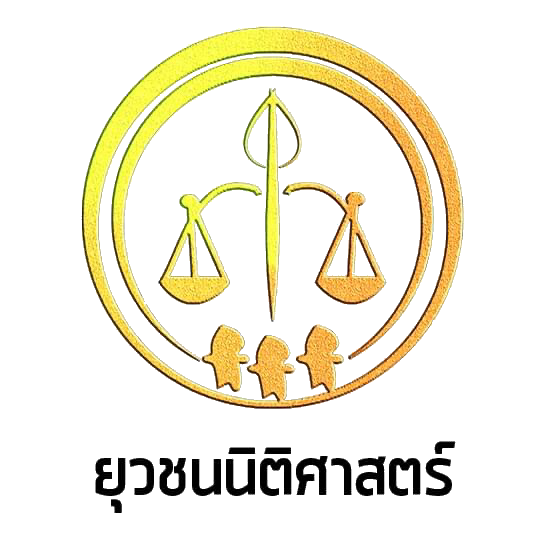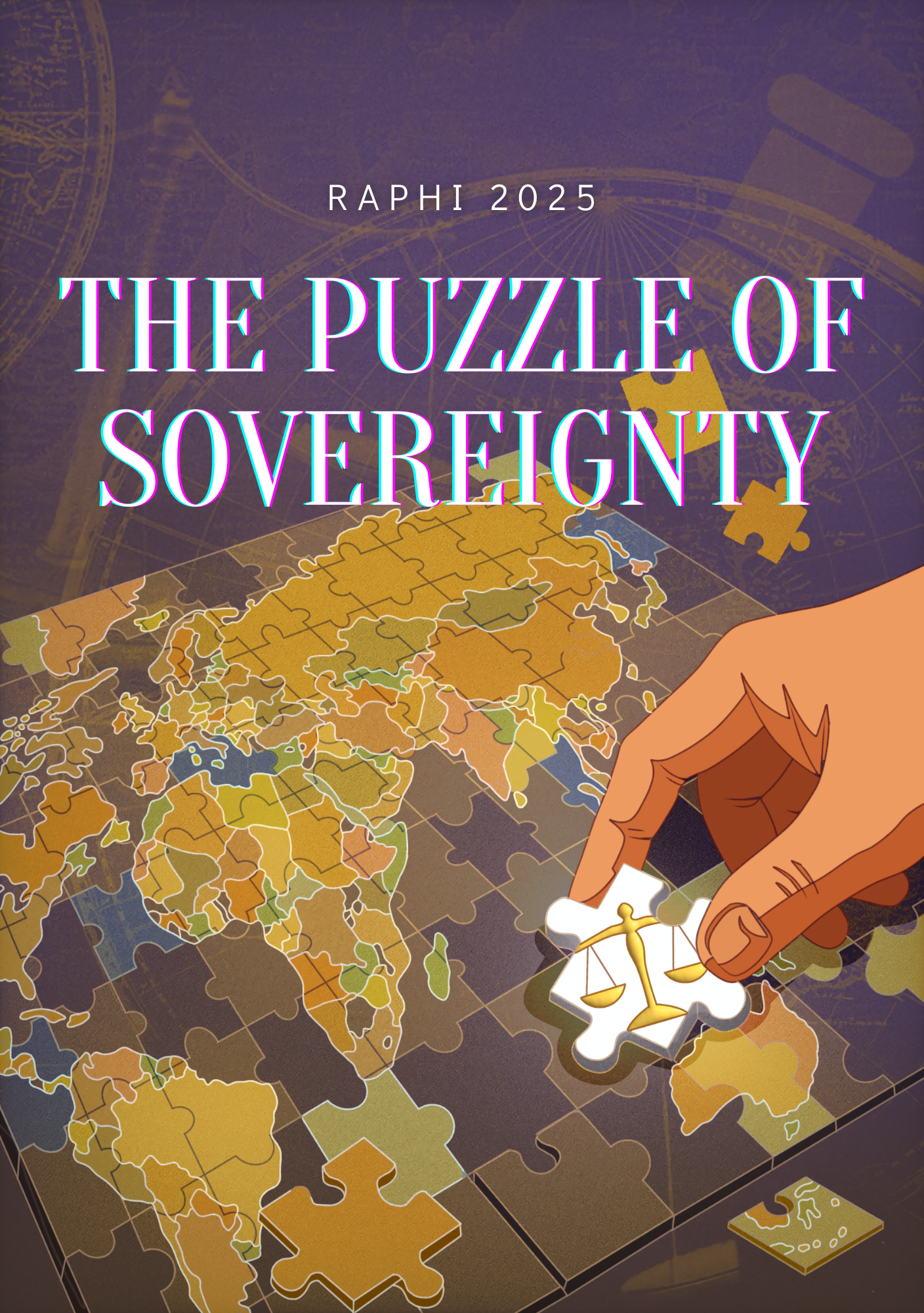พันธกรณีของรัฐ 3 ประเภท ภายใต้กฎหมายสิทธิมนุษยชน ระหว่างประเทศ
คำสำคัญ:
สิทธิมนุษยชน, กฎหมายระหว่างประเทศบทคัดย่อ
บทคัดย่อ
สิทธิมนุษยชนเป็นสาขาที่มีความแตกต่างจากระบอบดั้งเดิมของกฎหมายระหว่างประเทศ เพราะแทนที่จะกำหนดพันธกรณีระหว่างรัฐด้วยกัน กฎหมายสิทธิมนุษยชนระหว่างประเทศกลับรับรองสิทธิเสรีภาพของปัจเจกบุคคล พร้อมทั้งกำหนดพันธกรณีให้รัฐต้องดูแลปัจเจกเหล่านั้น ปัญหาของเรื่องคงอยู่ที่กฎหมายสิทธิมนุษยชนระหว่างประเทศกำหนดแต่เพียงประเภทเนื้อหาแห่งสิทธิ อันเป็นปลายทางของผลลัพธ์ ไม่ได้ให้รายละเอียดวิธีการปฏิบัติตามพันธกรณีด้านสิทธิมนุษยชนไว้ จึงเป็นธรรมดาอยู่เองที่รัฐจะอยู่ในสถานการณ์สุ่มเสี่ยงละเมิดพันธกรณีดังกล่าว
บทความฉบับนี้จึงมุ่งนำเสนอข้อความคิดเกี่ยวกับพันธกรณี 3 ประเภท ได้แก่ พันธกรณีในการรับรอง พันธกรณีในการคุ้มครอง และพันธกรณีในการเติมเต็ม ด้วยหวังว่างานเขียนชิ้นนี้จะช่วยขยายองค์ความรู้ในการปฏิบัติตามพันธกรณีของกฎหมายสิทธิมนุษยชนระหว่างประเทศให้แก่วงการนิติศาสตร์ไทย
การอ้างอิง
Andrew Clapham, Human Rights - A Very Short Introduction. Oxford: Oxford University Press, 2015.
Asbjørn Eide, “The Right to Adequate Food and to be Free from Hunger Updated Study on the Right to Food,” (United Nations CESCR Committee, E/CN.4/Sub.2/1999, 28 June 1999)
Ben Djazia et al v Spain, Communication no. 5/2015, UN Doc. E/C.12/61/D/ 5/2015 (20 June 2017).
Constantin Panayiotis Economides. “Content of the Obligation: Obligations of Means and Obligations of Result” in The Law of International Responsibility. editor by J Crawford et al. Oxford: Oxford University Press, 2010.
David James Harris and Michael O’Boyle et al. Harris, O’Boyle & Warbrick Law of the European Convention on Human Rights. 2nd edn. Oxford: Oxford University Press, 2009.
Dinah Shelton and Aurel Gould. “Positive and Negative Obligations” in The Oxford Handbook of International Human Rights Law. Editor by D Shelton. Oxford: Oxford University Press, 2013.
El Alwani v Libya, Communication no. 1295/2004, UN Doc CCPR/C/90/D/1295/2004 (11 July 2006).
Fedotova v Russian Federation, Application nos. 40792/10, 30538/14 and 43439/14, Judgment of 17 January 2023.
Hersch Lauterpacht. International Law and Human Rights. New York: F. A. Praeger 1950.
I.D.G. v Spain, Communication no. 2/2014, UN Doc. E/C.12/55/D/2/2014 (17 June 2015).
Igor Ivanovich Lukashuk. “The Principle Pacta Sunt Servanda and the Nature of Obligation Under International Law” The American Journal of International Law 83, 3 (July, 1989): 513 – 518.
Jan Gerards. “How to Improve the Necessity Test of the European Court of Human Rights” International Journal of Constitutional Law 11 (2013): 466 – 490.
McCann and Others v United Kingdom, Application no. 18984/91, Judgment of 27 September 1995.
Olivier De Schutter. International Human Rights Law: Cases, Materials, Commentary. 3rd edn Cambridge: Cambridge University Press, 2019.
Opuz v Turkey, Application no. 33401/02, Judgment of 9 June 2009.
Özgür Gündem v Turkey, Application no. 23144/93, Judgment of 16 March 2000.
Pinkney v Canada, Communication no. 27/1977, UN Doc. CCPR/C/14/D/27/1977 (29 October 1981).
Plattform “Ärztefürdas Leben” v Austria, Application no. 10126/82, Judgment of 21 June 1988.
Rebecca E. Robertson. “Measuring State Compliance with the Obligation to Devote the “Maximum Available Resources” to Realizing Economic, Social, and Cultural Rights” Human Rights Law Quarterly 16, 4 (1994): 703 – 713.
Rojas García et al v Colombia, Communication no. 687/1996, final views of 3 April 2001, UN Doc. CCPR/C/71/D/687/1996 (3 April 2001).
S.A.S. v France, Application no. 43835/11, Judgment of 1 July 2014.
Siliadin v France, Application no. 73316/01, Judgment of 26 July 2005.
Stephen V. Scott. “Identifying the Source and Nature of a State's Political Obligation towards International Law” Journal of International Law and International Relations I, 1-2 (Winter 2004/Spring 2005): 49 – 60.
United Nations CESCR Committee, “General Comment No. 15 The Right to Water (Art. 11 and 12 of the International Covenant on Economic, Social and Cultural Rights)” (E/C.12/2002/11)(20 January 2003)
United Nations CESCR Committee, “General Comment No. 3 The Nature of States Parties’ Obligations (Art. 2 para. 1 of the International Covenant on Economic, Social and Cultural Rights)” (E/1991/23)(1990)
United Nations Human Rights Committee, “General Comment No. 31 The Nature of the General Legal Obligation Imposed on States Parties to the Covenant” (CCPR/C/21/Rev.1/Add. 13)(26 May 2004).
แผนสิทธิมนุษยชนแห่งชาติ ฉบับที่ 5 <https://humanrights.mfa.go.th/in-the-potlight/documents/nationalhumanrightsplan5/> เข้าถึงเมื่อ 4 มิถุนายน 2568.
จรัญ โฆษณานันท์. สิทธิมนุษยชนไร้พรมแดน: ปรัชญา กฎหมาย และความเป็นจริงทางสังคม. กรุงเทพฯ: นิติธรรม, 2556.
นพนิธิ สุริยะ. “กฎหมายระหว่างประเทศสัมพันธ์กับกฎหมายไทยได้อย่างไร?” ใน คู่มือกฎหมายระหว่างประเทศเพื่อประชาชน หนังสือกฎหมายเพื่ออาจาริยบูชา แด่ อาจารย์นพนิธิ สุริยะ. บรรณาธิการ โดย ชาติชาย เชษฐสุมน. กรุงเทพฯ: โรงพิมพ์เดือนตุลา, 2554.
วิรัญญา ตินโนเวช. “การรับรองและคุ้มครองสิทธิในที่อยู่อาศัยที่เพียงพอตามกฎหมายไทย” วิทยานิพนธ์ปริญญามหาบัณฑิต, คณะนิติศาสตร์, จุฬาลงกรณ์มหาวิทยาลัย, 2561.


